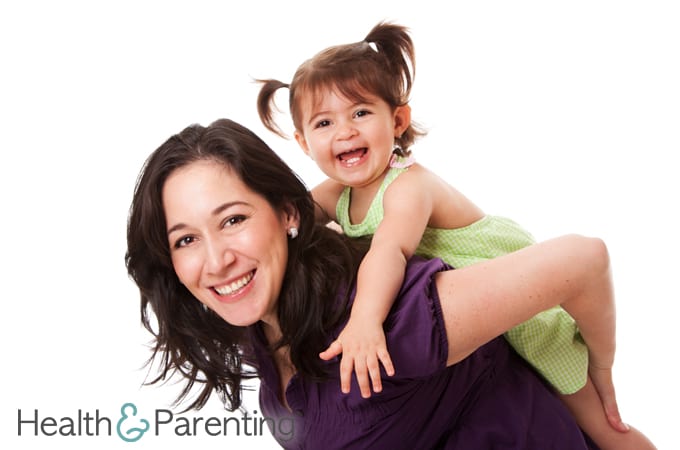As early as week two of the pregnancy, your body starts to produce a hormone called relaxin to prepare your pelvis for childbirth. Relaxin, produced until around the fifth month of pregnancy, loosens the supportive tissues in your body, and allows your pelvis to open up slightly and accommodate your growing uterus.
Risks of heavy lifting during pregnancy
A popular old wives’ tale states that heavy lifting can induce miscarriage. In fact, there is no evidence to support this claim. The risk for pregnant women who lift heavy objects, is that they will hurt themselves, not the developing baby. The main risks are muscle strains, pulled muscles and muscle aches, but you could also suffer a fall.
As with all things, heavy lifting during pregnancy is a personal choice based on individual circumstances. If you were a professional body builder pre-pregnancy, your body will be used to lifting heavy loads. While you may want to reduce the amount you lift, and be more selective about lifts, your healthcare provider probably won’t see any reason to stop you weightlifting. If, on the other hand, you haven’t lifted a heavy object for years, now is not the time to try shifting a grand piano across the house.
Balance
During pregnancy, your centre of gravity is changing almost constantly. As your uterus expands, altering your posture and giving you a bump, and as your joints loosen, balance may no longer come naturally. Many pregnant women report feelings of imbalance and clumsiness during pregnancy, this reduced sense of balance could cause you to fall when lifting a heavy object.
Lower back strain
Your growing bump puts strain on your lower back and can cause muscle aches. If you are experiencing these pains, you may want to avoid heavy lifting which could exacerbate the pain. If you continue to lift heavy objects during pregnancy, you should be sure to lift correctly – always lift from your knees, not your back. Improper lifting could cause muscle problems and lower back strain.
It is important to listen to your body, and take things easy during pregnancy. While some lifting may be unavoidable (for example, if you have a toddler in need of a cuddle), you should try to reduce the amount of strain on your body.
If your pregnancy is considered high-risk, or if you have a history of pregnancy aches and pains, you should speak to your healthcare provider about heavy lifting during pregnancy. While for some, heavy lifting will cause no problems, for others, it could mean days of agony to follow.
Do you have a job that requires heavy lifting, and how are you coping now that you’re pregnant?
Written by Fiona (@Fiona_Peacock), mother, writer and lover of all things baby related.
This information is not intended to replace the advice of a trained medical doctor. Health & Parenting Ltd disclaims any liability for the decisions you make based on this information, which is provided to you on a general information basis only and not as a substitute for personalized medical advice. All contents copyright © Health & Parenting Ltd 2017. All rights reserved.










